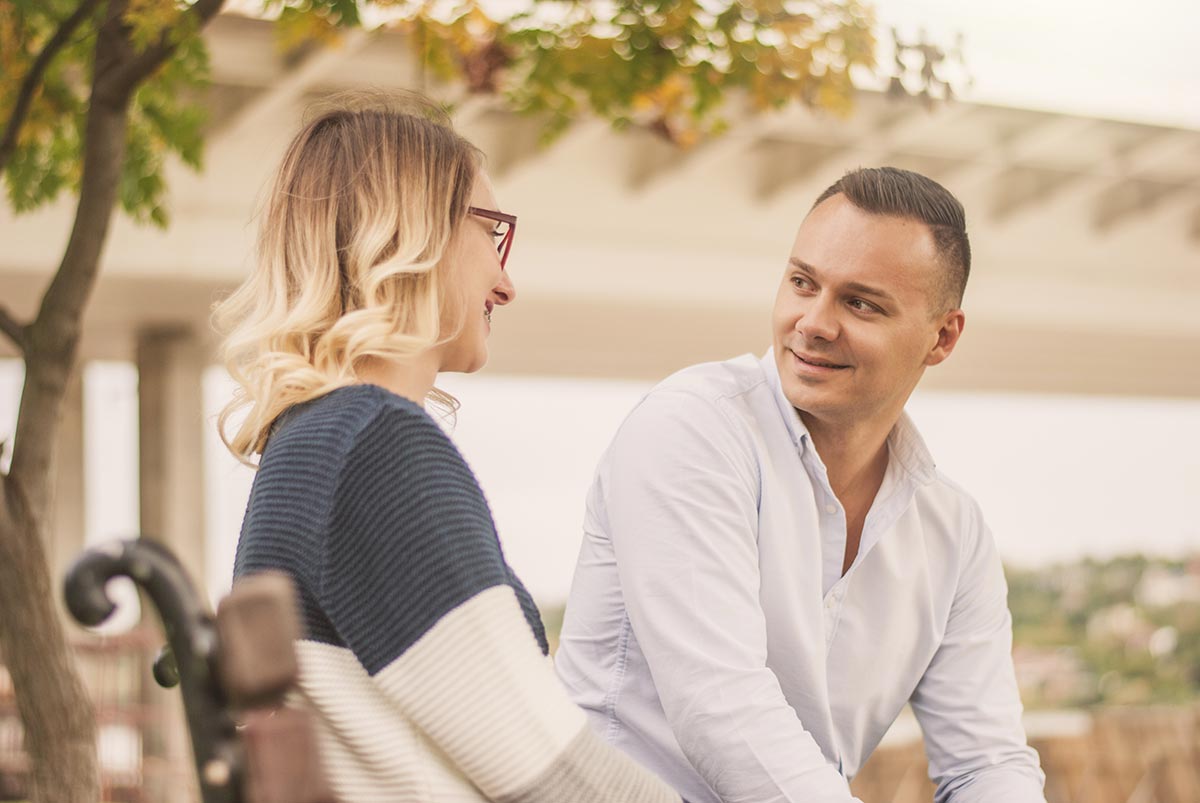Family Survival Skills in Early Recovery
If your loved one is recovering from a substance use disorder, they're likely working hard to heal themselves from damage that was likely spread out over years. During that time, they need space but also support, so that they can recover at their own pace. Some people may rely on you to be there for them while others will withdraw and lean into professional support first. Either way, you want to be there and ready when they are. But, even if your loved one is working hard to improve and move past their addiction, your family has suffered because of it. Addressing existing problems, working move past problems, and recovering as a family will help both your loved one and the whole family to recover and move on.
How Addiction Affects Families
Addiction changes family dynamics, removes trust, and can dramatically change family roles. If a child or teen becomes addicted, you must work to rebuild trust. If a provider becomes addicted, the entire family hierarchy shifts, and you must rebuild relationships based on new roles and new responsibilities.
Addicts suffer from shame, guilt, poor self-esteem, and a history of dishonesty and possibly manipulation. If you're going to rebuild your relationship and give them the support they need to recover, you have to move past everything while supporting them in recovering from their own problems. You have to rebuild trust if you want to rebuild a family hierarchy that supports every member of the family.
Effective Family Survival Skills in Early Recovery
Taking the steps to make the right choices and the right steps can help your loved one to recover. It will also bring your family back together.
Learning – Knowledge is power, and the more you know about addiction and how it affects your loved one, the more easily you can react and make good decisions. Attend family therapy, read books about your loved one's specific addiction, and if you can, attend support groups like Al-Anon to learn different perspectives and to get help from others.
Practicing Empathy – Empathy, or the practice of understanding the emotional needs of your family, is crucial to recovery. If you can recognize when someone is in emotional pain and upset, you can react appropriately and take steps to help them feel better. Recognizing when family members are uncomfortable, afraid, shy, or even embarrassed will go a long way towards bridging gaps and helping you to recover.
Listening – Listening Is a strong skill but one that many people forget to practice. If you can listen without judging, without deciding what to say, and without expectation, just giving the other person your attention, you can better understand what is being said, understand the emotional undertones, and work to communicate more easily.
Being Positive – If someone is working to heal themselves, they need a certain amount of positivity and emotional support. That means offering encouragement and motivation, working to help them, and being positive. If you can give up drinking yourself or don't use substances around them, that's also support. Offering words of encouragement, telling someone in recovery that you're proud of them, and telling people when they're doing a good job or making the right choices can boost their confidence and their ability to stick to their decisions.
Confidence – You might not think that confidence is a skill, but it is. Having the confidence to talk about your feelings, to step outside your comfort zone, and to talk about problems without being apologetic or reducing the power of your argument will go a long way to helping you communicate.
Communication – Families often communicate based on habit. Those that get into a habit of disagreeing and arguing will often do so for no reason. If you're accustomed to someone not having anything worth saying, you likely won't listen. And if they're accustomed to not being listened to or believed, they won't talk. Working to break existing bad communication habits and build new ones is crucial to giving your loved one the support they need to rebuild.
Self-Care – No matter how much you're working to help a loved one recover, self-care is still more important. Your mental and physical health come first. You won't' be able to help your loved one if you are tired, constantly stressed, anxious, or depressed. Part of being in a family means taking care of yourself, getting help and support when you need it, and taking time for yourself so that you can be there when you are needed. This also means taking care of yourself. If you're suffering from substance dependence yourself, getting treatment for it is crucial if you want to remain in your loved one's life after they are in recovery.
Building New Relationships
When your loved one recovers, they won't be the person they were before. Their experiences, mental and emotional, will change who they are. Your loved one may act like a completely different person, be more sober, more withdrawn, and have more difficulty connecting with others. You can't reestablish your old relationship, but you can build a new one. At the same time, it's also important that you build new relationships. Falling into old habits and patterns can create dissatisfaction and unhappiness, giving your loved one room to relapse.
For example, many people try to fall back into the same bargaining and manipulative habits they used when addicted. If you're making promises or offering conditional support to your loved one when they're already getting help, you're telling your loved one that you don't trust them.
Getting Help
Rebuilding relationships on your own is difficult. You may not be able to do it on your own. However, many rehabilitation programs now offer family therapy, designed to help you and your family work through problems, build new and healthy relationships, and learn to communicate in healthy ways.
Family therapy is increasingly seen as crucial to some forms of therapy and essential in giving recovering addicts the family foundation they need to build a new life. If your loved one is going to stay in recovery, they need healthy family relationships, good living conditions, a healthy lifestyle, and emotional support from the people they live. Choosing to work towards that benefits you as a family, helps them in their recovery, and ensures that you can remain a meaningful part of your loved one's life.
No matter what your current relationship with your loved one, getting help, working to improve your relationship, and developing the skills to be there for your loved one will help.
Contact us today and feel free to talk to us about addiction treatment programs at our affordable drug and alcohol rehab that fit your needs. The Anaheim Lighthouse is a modern and effective addiction treatment center in Southern California.















